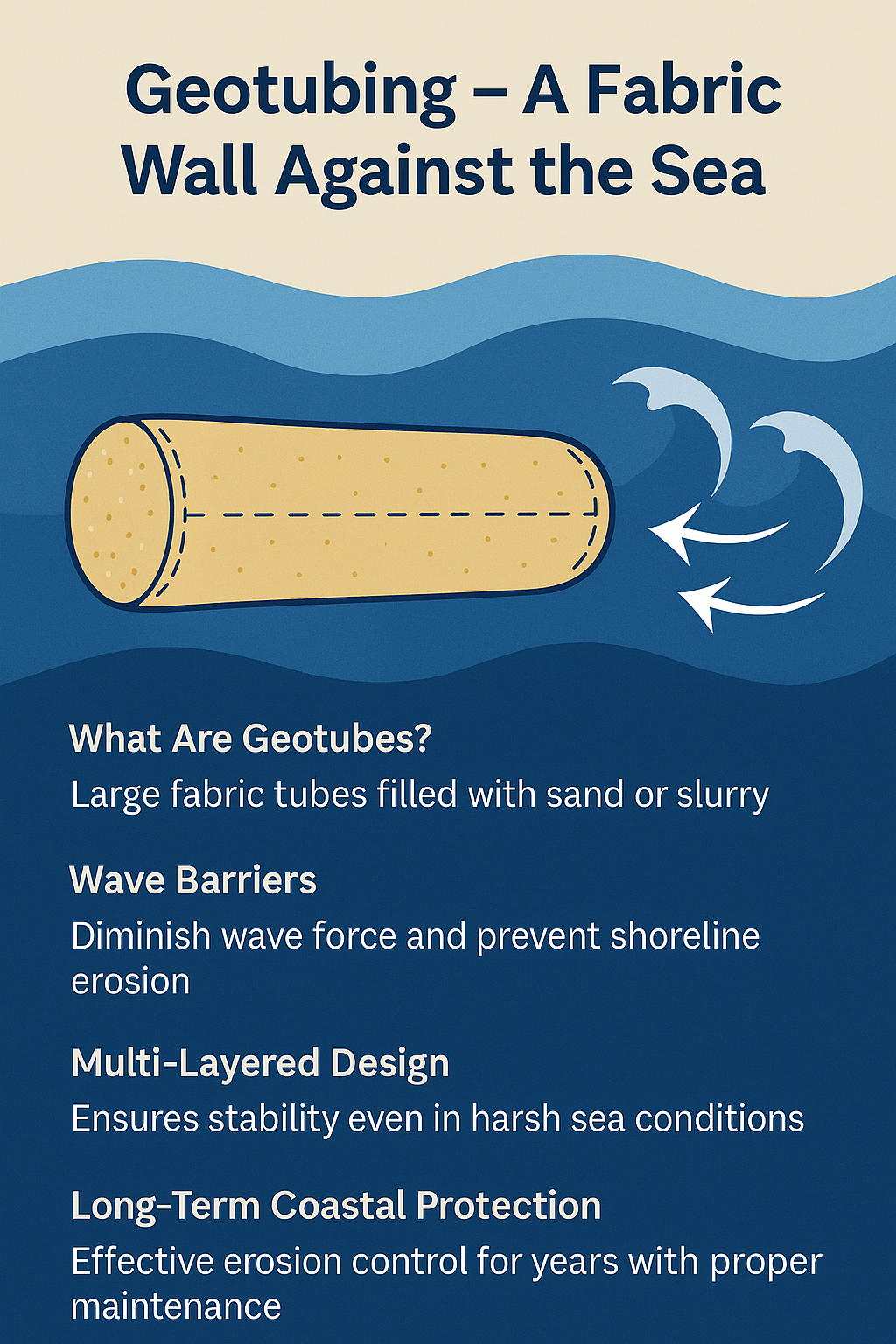
EZIE Mission Illuminates Earth’s Magnetic Highways
INTERNATIONAL HERO — PETAL 005
Apr 29, 2025
EZIE Mission Illuminates Earth’s Magnetic Highways

🧭 Thematic Focus:
Space Science | Magnetosphere Studies | Sun–Earth Interaction
🌿 Opening Whisper:
Where auroras dance, silent wires of electricity pulse—
and science listens through the hush.
📌 Key Highlights:
- Mission Overview: The Electrojet Zeeman Imaging Explorer (EZIE), launched in March 2025 by NASA, is now fully operational and delivering first-light data to study auroral electrojets—intense currents connecting Earth’s atmosphere with the solar wind.
- Scientific Objective: EZIE aims to resolve how solar activity interacts with Earth’s magnetosphere, generating auroras and influencing space weather.
- The Electrojets: These massive electrical flows—carrying nearly 1 million amps per second—exist 60–90 miles above the poles and are responsible for both stunning visuals and critical electromagnetic disturbances.
- Mission Design: The project uses three CubeSats equipped with the Microwave Electrojet Magnetogram (MEM) instrument, measuring Zeeman splitting to map magnetic activity with unprecedented accuracy.
- Technical Milestone: Launched from Vandenberg Space Force Base, the satellites orbit between 260–370 miles, enabling real-time tracking of high-altitude currents.
- Why It Matters: Understanding auroral electrojets will help build better space weather prediction models, safeguarding satellites, GPS, power grids, and exploring analogues across other magnetised planets.
📚 GS Paper Mapping:
- GS Paper 3: Science & Tech – Space Technology, Solar-Terrestrial Interaction
- GS Paper 1 (Essay): Scientific Curiosity and Human Ingenuity
- GS Paper 4: Ethics – Anticipatory Governance in Technology
💭 A Thought Spark — by IAS Monk:
Not all storms crash on land.
Some begin in the sun, whisper through the poles,
and carry messages no eye can see—only instruments can feel.


















